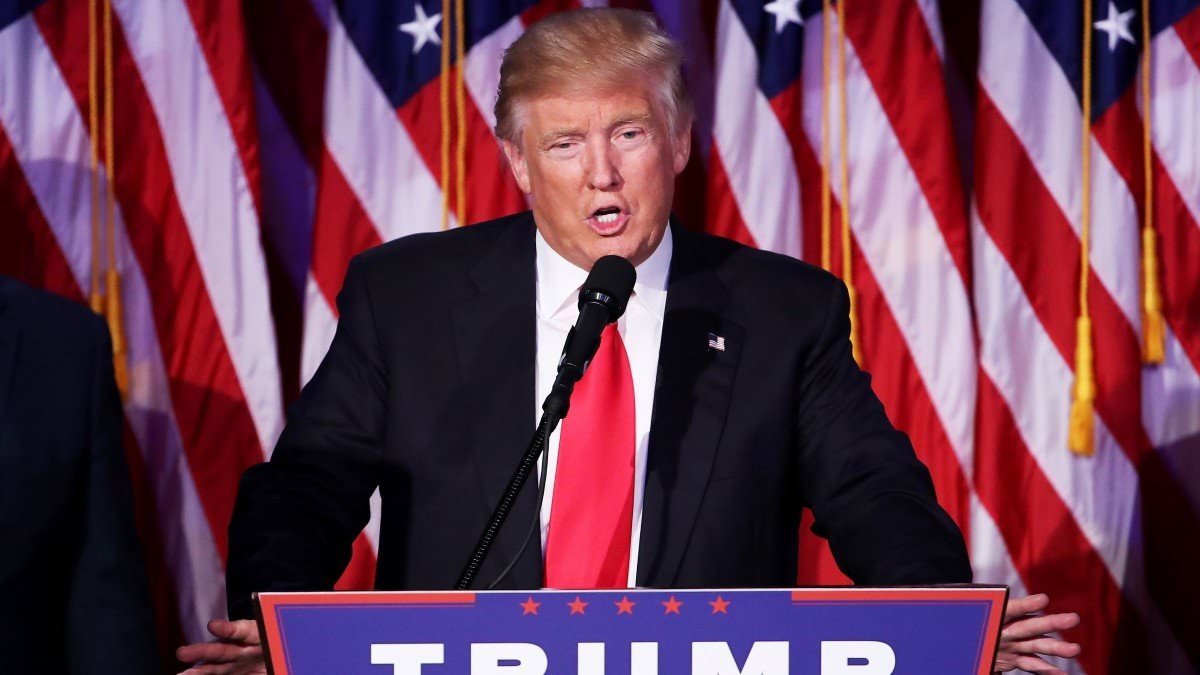President Trump; what this means for your Finances and your Investments
So it is going to be President Trump not President Clinton, as of January 2017.
Some think that this is a scary prospect, with ramifications for world peace and the world order generally, which will engender great uncertainty in economies and a huge amount of volatility in markets.
These are all things that we should be worrying about, but surely we need to stop, for a moment, and reflect?
The past couple of decades have been full of this sort of disruption, under the previous incumbents. It’s not as if everything has been calm and serene in recent times. It’s not as if the troubling economic foundations, for example unsustainable debt levels, aren’t already in the system.
As far as we can tell President Trump will be introducing a new style, a new approach, alongside new ideas on how to tackle some of the age-old problems. Will he succeed? We have no idea. Will he surprise on the upside (as he can hardly surprise on the downside!)? We have no idea.
The personality issues that dominated the presidential election and the abject choice offered to the American people actually could have a minimal long term bearing on what actually happens. The economic path and the implications for worldwide prosperity (or otherwise) are probably going to be relatively unaffected.
If you look at stock market history, returns generated have largely come from long term patterns which relate to underlying economic trends. There is every chance that the returns in markets over the next few years would be broadly similar whether it was Trump or Clinton in the White House. Ultimately there is nothing convincing to suggest that we should be worried about markets because of Trump (there might be other reasons to worry about them, but this is not one of them).
The age-old adage about you can only control what you can control comes to mind. You can’t control outside events, you can’t control economies, you can’t control markets – but you can and do control your own Financial Planning.
The fact is, whatever the eventual outcome of a Trump presidency, if you have a robust financial plan and a strong strategic approach to your investing, you will be prepared, you will cope and you will succeed.
This is the essence of Financial Planning, you define the outcomes, and you do not let events define them, especially events such as elections or referendums. Whatever President Trump’s presidency ends up achieving, doing or undoing there will be a pathway from where you are today to achieving your long term financial and lifestyle goals.
The key principle of Financial Planning is that you should remain flexible and prepared to change your approach, as and when it is time to change. Financial Planning is a carefully balanced act between saving, investing and protecting your finances; good Financial Planning has huge respect for the changing nature of the world around us. Both in our own lives (for example changing jobs) and the wider world.
In terms of investment markets, the short term reaction to events (for example Brexit and US Elections) are generally just blips against the longer term trends. These longer term trends are normally linked to fundamentals and therefore we should always return to the fundamentals – not being swayed by the short term noise – when it comes to investing.
If the investment part of your financial plan is built around this classic style of investing then you can rest assured that you will be able to work round any short term aspects and you will be able to meet your long term goals and objectives, come what may.
The key is that you control your own Financial Planning and as long as you continually review and renew your plans, to cater for changing events and to work with the changing landscape, then you have nothing to fear from a Trump presidency or from Brexit or from any other political event.









